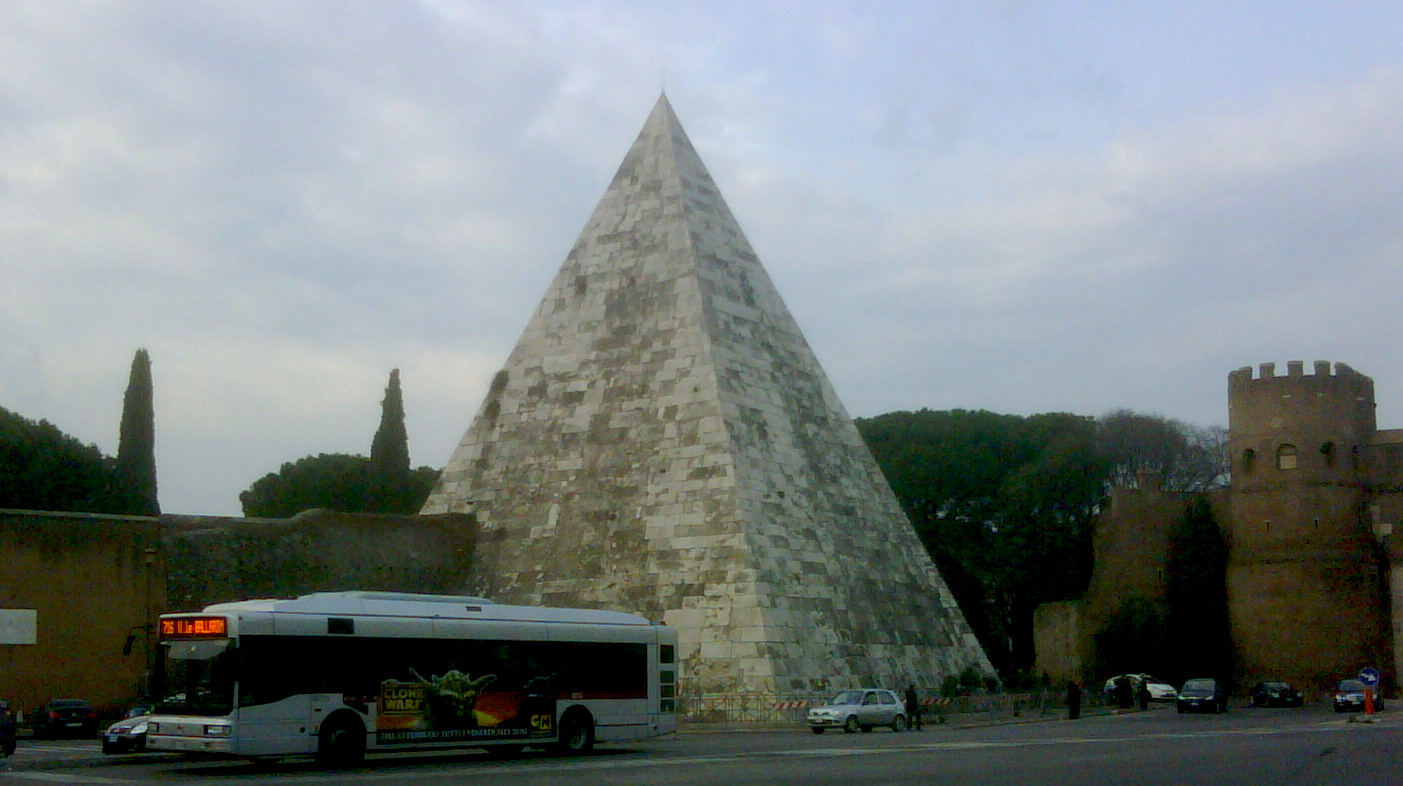Α’ - ἔλεγχος
How can I be happy, and also be living a life of introversion instead of exposure, of serving to domestic duties rather than striving for professional success, keeping quiet instead of speaking up? For me in my own life, this is a rather new question, and I am certain that I don’t know.
In personality tests I consistently score high as being ‘dominant’, taking ‘initiative’, arguing ‘contrarian’, and generally carrying a lot of the ’narcissism inventory’. Until recently I have taken these traits for granted. This is who I am, this is what I need.
My life has taken unexpected turns, that make me question my strive and aspirations. I have written that I will not make “Abraham Sacrifice”. But how to cope with limited time and the challenges of life’s changes? What if nobody wants to listen to me? What if nobody cares who I am?
Β’ - νουθέτησις
“Live unnoticed” is one of the “pharmaka”, the remedies, Epicureanism offers us to stay healthy. Geert Roskam has published a voluminous book on the vicissitudes of an Epicurean doctrine.
Lorenzo Valla has a great way of explaining what Epicureans mean by desires that are unnecessary (we can very well live without satisfying them) but are excessive (if we try we will never be able to satisfy them); these desires are empty, and Valla’s example is fame:
If we are not conscious of fame in sleep which is most like death, shall we be conscious of it in death, which is an eternal sleep? […] Today we die; silence descends upon us tomorrow. […] Having borne so much, spent so many sleepless nights, done so much, and not having taken refuge even from death, do you conceive the hope of being in men’s mouths in the future, when you see that even kings and greatest princes have been expelled into an eternal obscurity of silence? Tell me, please, who was the fifth, the fourth, the third ruler of the Romans? Ask the man in the street. He can’t even tell you the second, or if one in ten thousand may know this information, he will recall it as if from as something that he never thinks about.
So why bother? Why is it so hard to just live a happy live, even when there is no real material wants, our society is reasonably stable, and even our relationships to people close to us are broadly good? Why do I continue to poison my mind with ambition, with the longing to be noticed?
In Epicureanism, there are no higher goods, just living a happy life. There is no value in virtue, honour, or glory. A happy life is a life without pain, with pleasures that come from the satisfactions of our true, necessary and natural needs, and lived among friends. Valla dedicates a chapter to prove that the pleasure of a happy life is indistinguishable from enjoying the things we have now, our food, our intellectual journeys, and foremost the company of our friends; at least regarding life on earth. Paradise, he argues, will be quite similar, just freed from this world’s imperfections.
A living dog is better than a dead lion. (Eccl 9,4)
Can it not be executed in less time by some other contrivance? Thus every advance has but raised up a new object of rivalry, itself to be superseded by some more rapid means, nor can I hope that I have nearly reached the limit. If I have approached it, it is more than I have a right to expect as the pioneer in this difficult career. Another age must be the judge of that as well as of the other questions relating to the engine. Charles Babbage, On the Mathematical Powers of the Calculating Engine, 1837, quoted after Babbage, Charles and Martin Campbell-Kelly. The Works of Charles Babbage Vol 3. Routledge, 2024. https://doi.org/10.4324/9781003548652.
In his book “On Death”, Philodemus writes extensively on the question of posterity and why it is a waste of one’s life to aim to be remembered, although he offers a nicely differentiated perspective:
On the other hand, to experience suffering at the prospect of not being remembered by anyone at all seems to be natural: for it is sometimes the consequence of a life (that is) friendless and has nothing good. But if someone who has lived well and has had people well disposed to him should encounter some misfortune that makes away with those who know him, he will not be lacking in any way at all: for we have a need of consequential concomitants’”> not for their own sake, but (for the sake of) the acceptable life on which they naturally supervene: thus if that (life) is brought about, we shall pay no heed to what is nothing to do with us …
Nothing is gained by being noticed as such. It is important to get somewhat noticed to have friends to look after us. It is made very clear throughout Epicureanism that this is not what live unnoticed should mean. It is about a naturally insatiable desire for fame and recognition, even beyond our death.
The Piramide Cestia above is one of many monuments which we might see as indication that Epicurus had a point. ἡσυχία - Following a life in peace, we should be at peace in death. So in the end, to live unnoticed means to die unnoticed: λάθε ἀποβιώσας.
I will continue my investigation. You can follow my posts on Epicureanism: /epicureanism.
